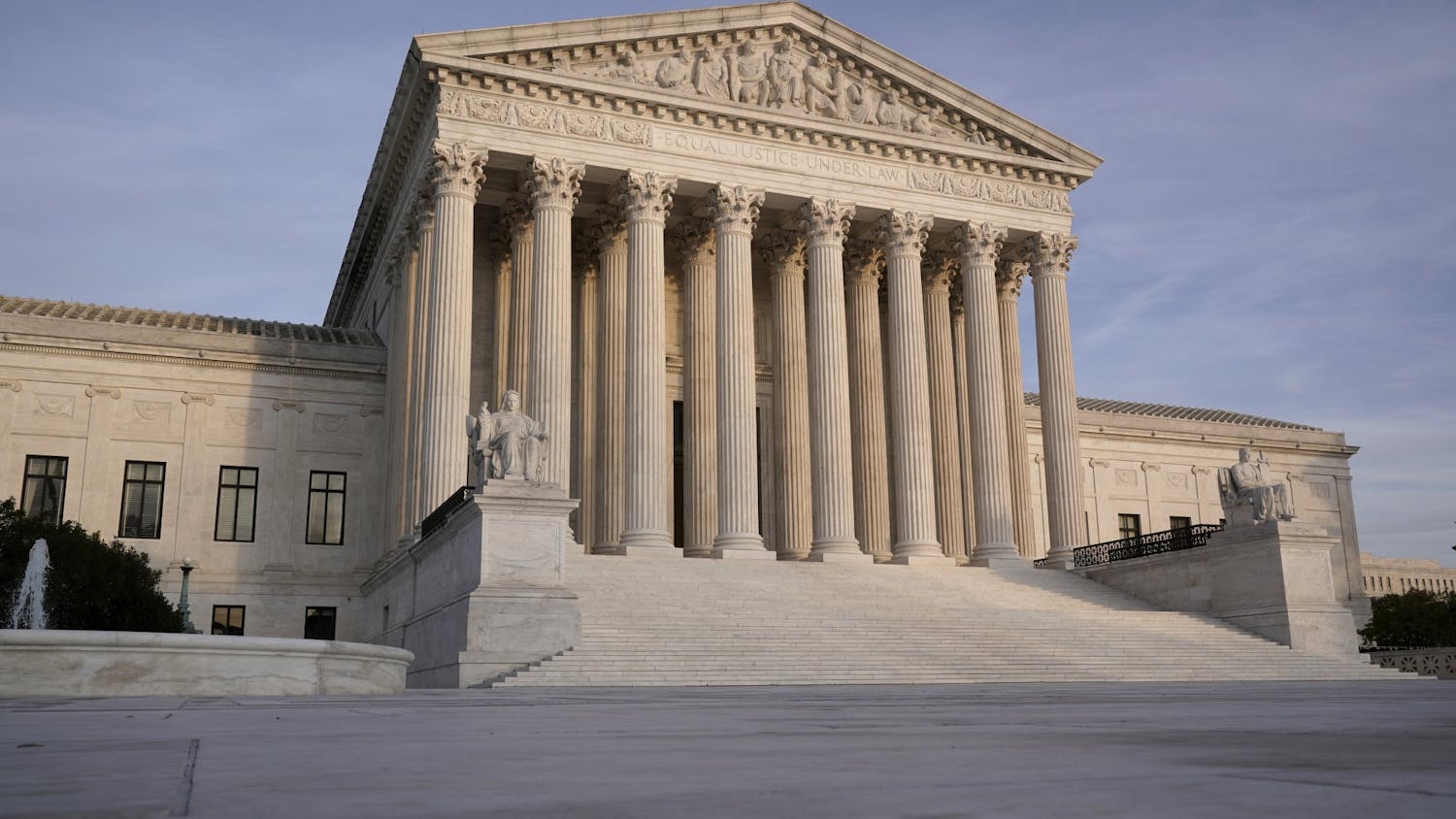The United States Department of Justice (DOJ) longs for a return to simpler, more ignorant times: when men were manly, women were womanly and you could tell what was between a person’s legs by whether they were wearing a skirt or trousers. Because in the olden days, that was incredibly important knowledge. You had to know what reproductive organ a person had so you knew how to treat them, how much to pay them, whether you were attracted to them, which bathroom they should use and whether or not to fire them.
According to the DOJ, it’s not sex discrimination for employers to require their employees to fulfill sex stereotypes. In a recent article by CNN, the DOJ’s stance on sex discrimination and gender expression is explained as the belief that employers can fire someone for being transgender or refusing to conform to sex stereotypes without violating the Civil Rights Act. This does not bode well for our future employability. We may as well start researching self-employment options now, because the first time a boss tells us we can’t wear pants to work because they aren’t feminine will be the last time that boss tells us anything. If the DOJ has its way, we won’t even have legal recourse. Basically, the DOJ’s stance is that it is not a violation of your rights for your employer to dictate your clothes and appearance based on whether you have a penis or vagina. Never mind your gender identity or that not everyone has a place in a binary system.
According to the DOJ’s logic, federal protections are not intended to protect everyone. In a legal brief submitted on Friday to the Supreme Court, the DOJ argued that the 88th U.S. Congress only had cisgender-conforming humans in mind when they passed the Civil Rights Act of 1964. According to the DOJ, “sex” was narrowly defined 55 years ago by 416 white congressmen, 5 black congressmen and 14 congresswomen as biological sex. Therefore, applying the protections of the Civil Rights Act to transgender, non-binary and gender non-conforming people would be an over-reaching, illogical extension of the law. Only cisgender-men and cisgender-women have the privilege of federal protection.
Outdated, sexist and transphobic definitions seem to be the DOJ’s bread and butter. It recently surfaced that the DOJ changed the way it defines sexual assault and domestic violence. Sexual assault is now defined in terms of misdemeanor and felony law violations. The definition of domestic violence is now limited to physical abuse, with no acknowledgement of the psychological, manipulative or coercive forms abuse can take. These new definitions roll survivor’s rights back an estimated 50 years, to a time period the DOJ seems more comfortable with.
We, however, are not comfortable with this. We will not stand by quietly, like well-behaved women in skirts, while the DOJ tries to turn back time “to the good ole days.” We demand the equal protection to all individuals guaranteed by the 14th Amendment.
The Editorial Board consists of Elizabeth Tubbs, Opinions Editor; Amanda Rosa, Editor-in Chief; Kelly Hayes, Digital Managing Editor; and Tranelle Maner, Engagement Managing Editor.






